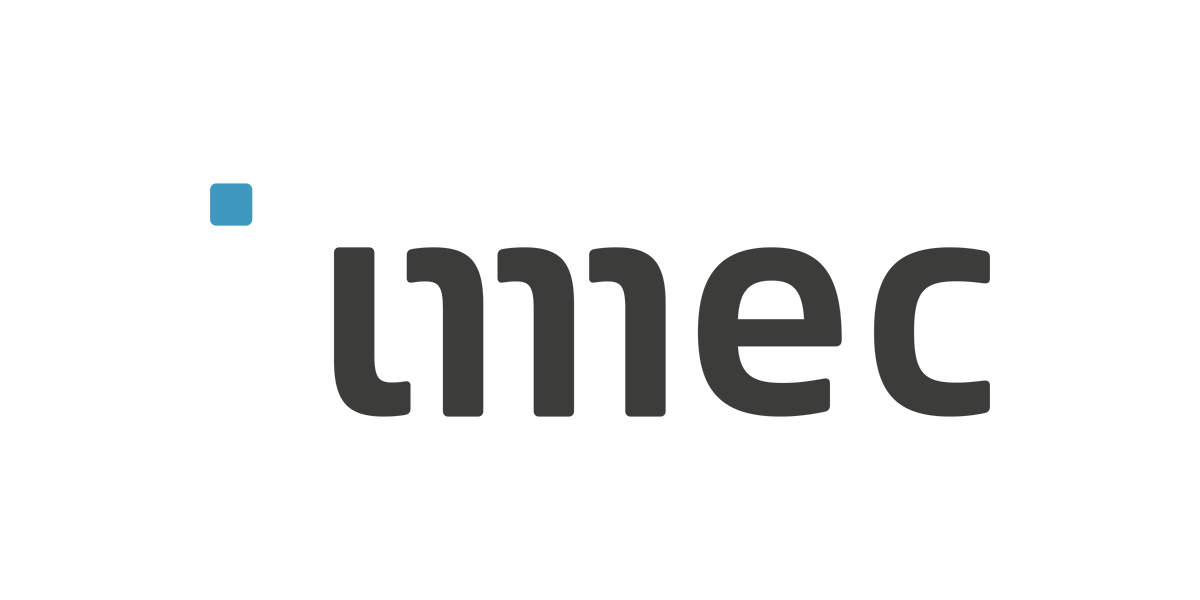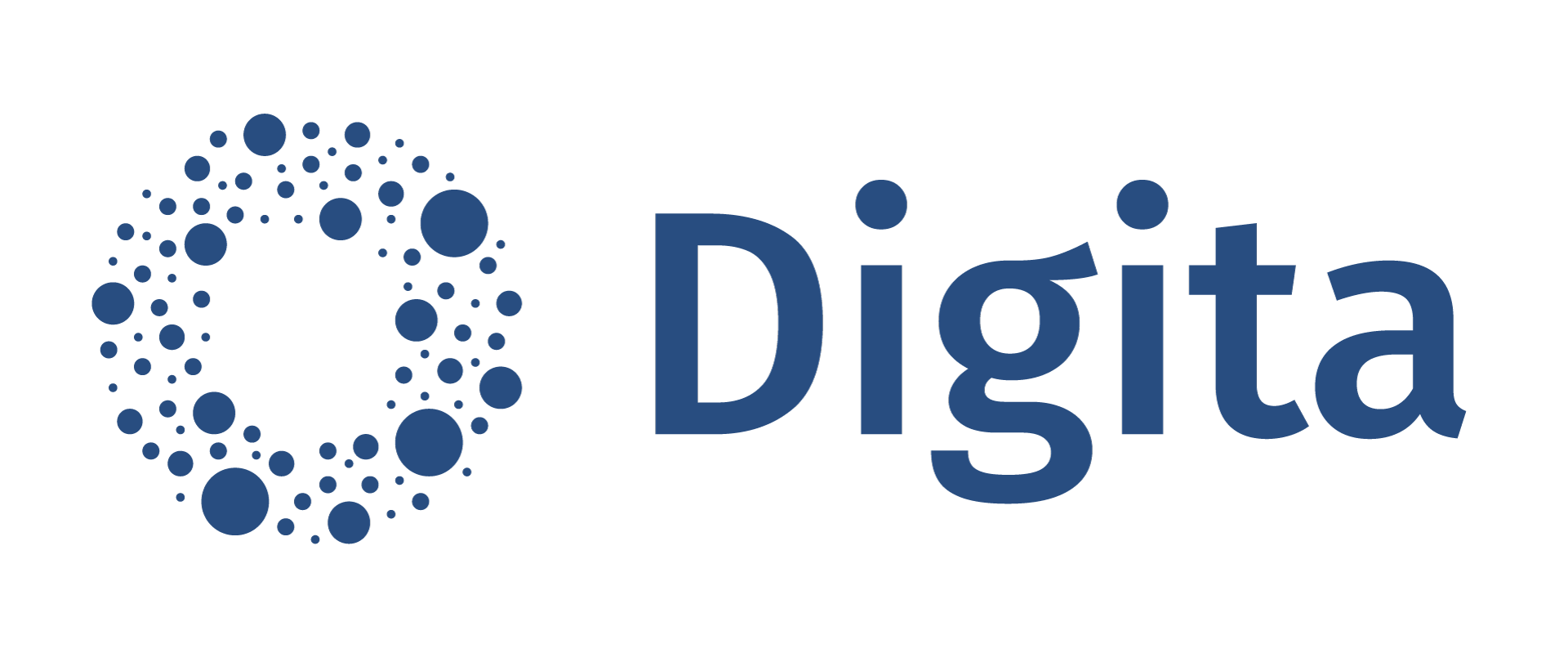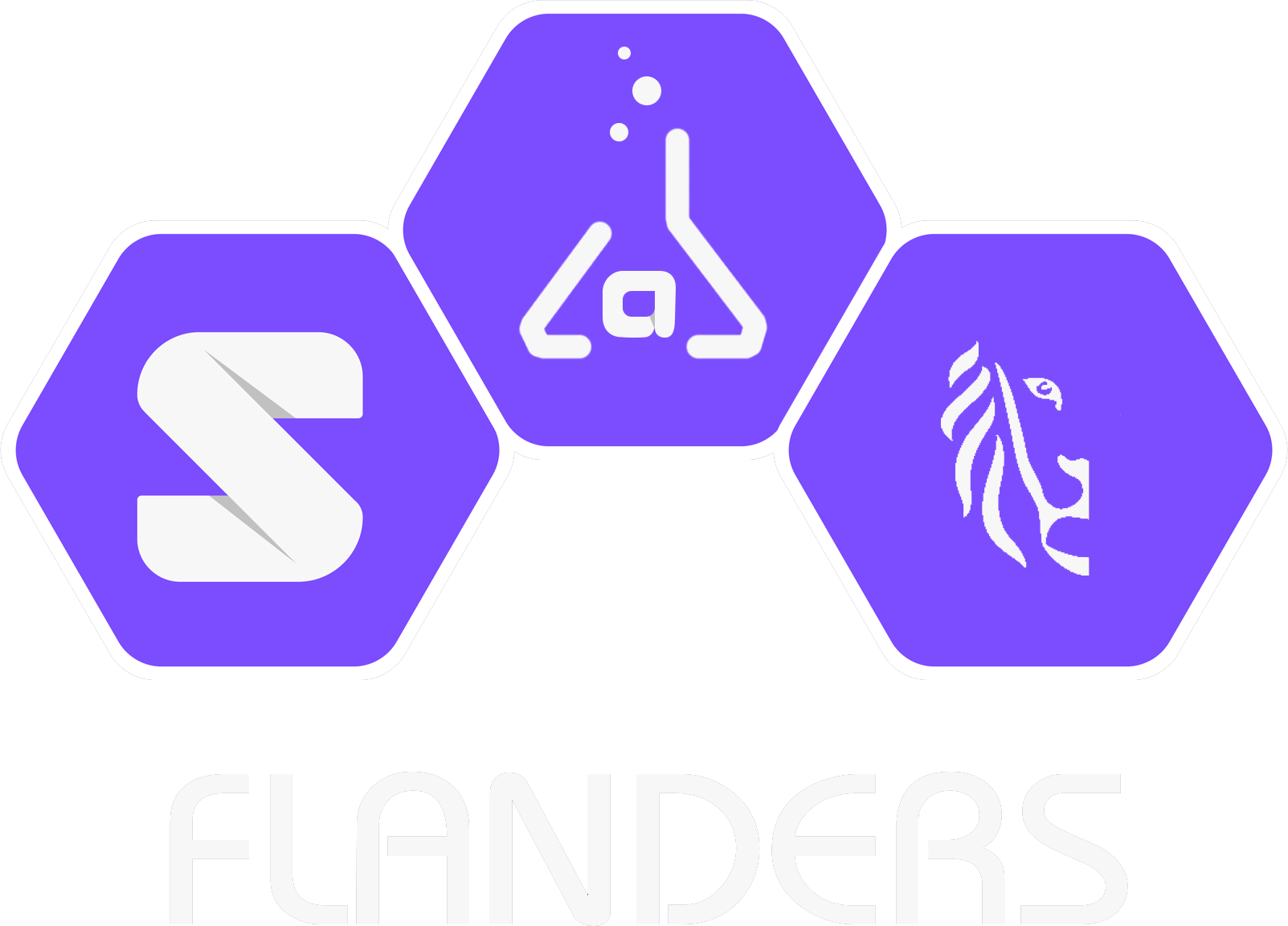The history of computing
started out centralized.
-
Large mainframes provided computational power
for an entire organization.-
People brought punched cards to a control room,
where they were processed by a machine.
-
People brought punched cards to a control room,
-
When networking came along,
terminals interfaced with mainframes.-
The server possessed magnitudes more
computational power than the client.
-
The server possessed magnitudes more



![[photo of a ladder]](images/ladder.jpg)
![[couple shopping at a supermarket]](images/supermarket.jpg)
![[person applying for jobs]](images/job-search.jpg)
![[doctor treating a patient]](images/doctor.jpg)



